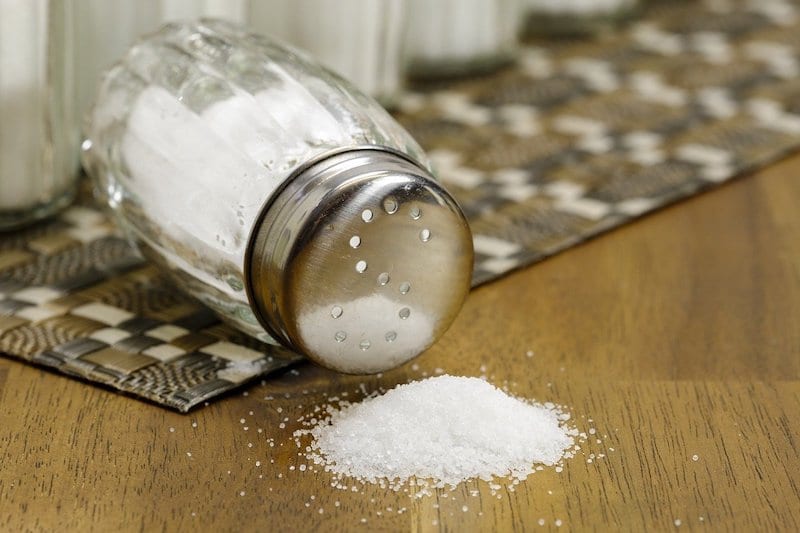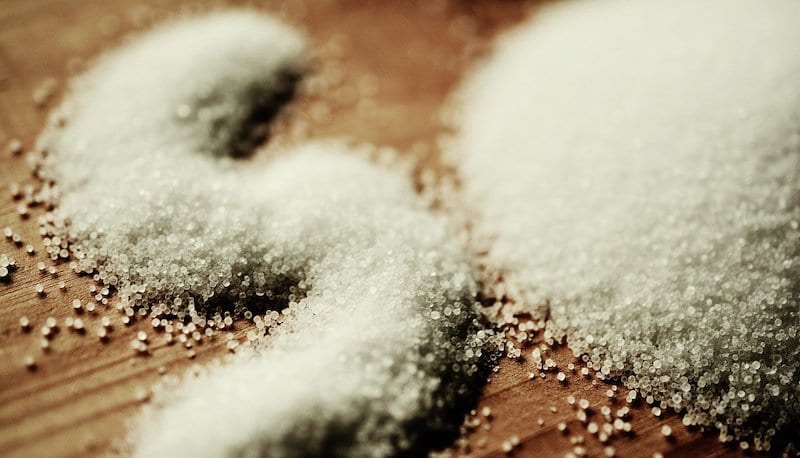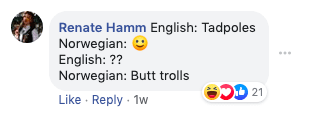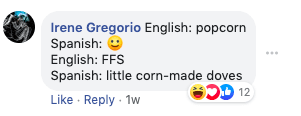I’ve never liked the phrase “everything happens for a reason.”
I mean, I guess it’s true in the sense that effect follows cause, but the other day I left a burrito in the microwave too long and it exploded so hard I had to clean the thing out for an hour and I missed a call from my girlfriend who then thought I was ignoring her and I had to explain that no, my burrito exploded.
I’m just saying that I don’t think that was a part of any sort of elegant cosmic plan.
And I’m not the only person who has a bone to pick about these things:
What’s on the list of our linguistic pet peeves? Let’s find out.
1. Instigators
“It doesn’t matter who started it.”
Of course it f*cking does.
Even legally the concept of who did what first is recognised as vital.
– ActualTymell
2. Looks
“Looks don’t matter.”
They do. Not always, not completely, but they very much do matter.
Humans are kind of superficial in that regard.
– InAndOut51
3. Karma
‘What goes around, comes around.’
I’ve seen so many good, honest people get screwed over by toxic, immoral people who never get their comeuppance.
The concept of karma is bullsh*t.
– mogmuv
4. Practice
“Practice makes perfect!”
I had a teacher that used to point out that no, practice makes permanent.
If you practice something in an incorrect way, you’re going to perform incorrectly.
– JudahBotwin
5. Spelling
I before e except after c.
– WalkingOnPavement
6. Sleep
“Sleep is for the weak” or “I’ll sleep when I die”
Well actually, not sleeping is making you weaker and decreasing your lifespan as you gloat about it right now.
Sleep is essential people.
– byawaworht
7. Grief
Time heals all wounds.
Malarkey.
– augenwiehimmel
8. Pain
Sticks and stones may break my bones but words will never hurt me
– Bish182
9. Bad influences
Using the phrase, “it’s just a few bad apples,” to protect an institution when the full proverb says, ” a few bad apples spoils the bunch.”
– Ohmmy_G
10. Learning
“You can’t teach an old dog new tricks”
You can, just the owner is a stubborn old bag.
– Darkenie
11. Hurt
This is going to hurt me more than it hurts you.
LIES!!
– FierceMilkshake
12. Health
An apple a day keeps the doctor away
– josephgulag
13. Money
“Money can’t buy happiness.”
Poverty can’t buy anything.
– TwistyMaKneepahls
14. Knowledge
What you don’t know can’t hurt you.
While yes it’s technically true it’s also not a positive thing.
Theoretically if someone’s partner was cheating on them yes they don’t know so they can’t be hurt but it’s still a bad thing
– DaRkxDaSHeR
15. Pots
“A watched pot never boils.”
It does, I’ve checked.
– JellyRollGeorge
“Money can’t buy happiness” is an especially sticky one. Money actually CAN make you happier – right up to the point where the lack of it is no longer a cause of stress.
Past that, no, it’s not gonna have any long term positive effect on you mentally. You’re just a hoarder.
What saying do you hate?
Tell us in the comments.
The post People Shared the Popular Sayings They Do Not Think Are True appeared first on UberFacts.
























